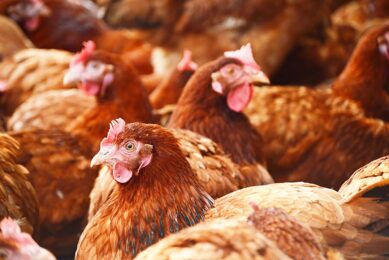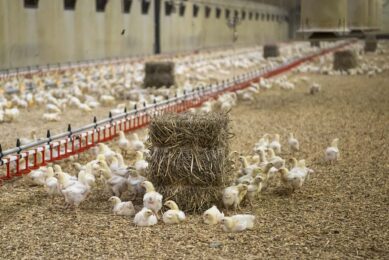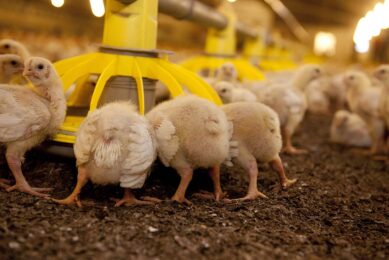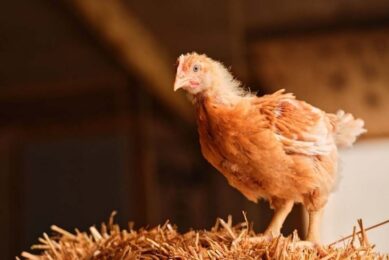Tyson Foods to begin poultry processing in Kazakhstan

The Kazakhstan government and Tyson Foods have inked a $?5 billion-worth investment agreement, under which the US company would build 3 big meat-processing plants in the country to produce a broad range of products including beef and poultry. That was confirmed by Saparkhan Omarov, the Kazakhstan Agricultural Minister.
The project is going to be a joint venture between Tyson Foods and local private holding company Kusto Group. The designed production capacity of the first plant is set at 2,000 heads of cattle per day, or 100,000 to 120,000 tonnes of beef per year, the Minister said. The investment cost is $ 1.25 billion and the construction is slated to begin in April or May of 2020. All three plants must be completed within the coming 5 or 10 years, Omarov said.
The plants will be built and put into operation one by one. Either the second or the third plant will focus on poultry processing, according to Omarov. Tyson Foods may consider some exports from Kazakhstan under this project, he added. Kazakhstan has favourable conditions in the area of meat exports with an ability to take advantage from a protein shortage in China, and the rise in meat demand in neighbour Uzbekistan, the Minister said. “We are neighbouring China, Russia and Central Asian countries, so we expect there would be no problems with selling products, especially for such a brand as Tyson Foods,” Omarov added.
Kazakhstan is the ninth largest country in the world by geographic area and has identified the livestock and the multi-protein export industry as a key growth market, Tyson said in a statement on its website December 9. As presently conceived, the investment is projected to help provide an annual agricultural economic benefit to the country well in excess of $ 1 billion, Tyson added.
Ban on live animals export on the horizon
The Kazakhstan government may consider introducing a 6-month ban on live animal exports from the country every year, Omarov said, explaining that Kazakhstan was exporting a lot of live animals, but only small quantities of products with high added value. “We need to process meat in our own country and sell finished production [to the foreign customers],” Omarov said. The final decision on the export ban would be taken after the end of the 20-day public hearings period, which would expire in the last days of 2019, Omarov said.
Earlier some Kazakhstan farmers expressed their concerns over the government plans to introduce restriction on live animals export. This step could cut margins in the industry because farmers would need to transport animals to the closest processing plants for large distances. Earlier this year, Kazakhstan announced plans to boost the domestic poultry meat production fourfold by 2027, as compared to the current level to 740,000 tonnes per year. The Union of Poultry Breeders of Kazakhstan said that the farmers targeted to push poultry suppliers from Russia and the US out the domestic market and expand export to China, Afghanistan and some Middle East countries.
Join 31,000+ subscribers
Subscribe to our newsletter to stay updated about all the need-to-know content in the poultry sector, three times a week. Beheer
Beheer








 WP Admin
WP Admin  Bewerk bericht
Bewerk bericht